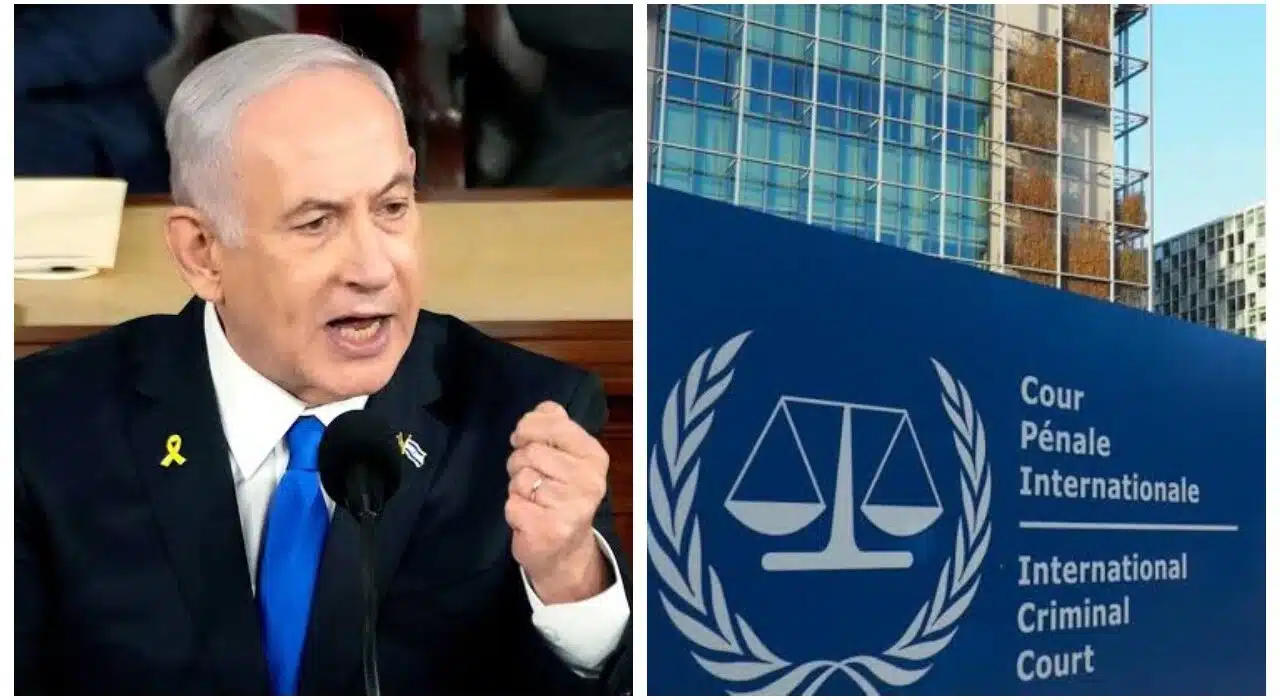The International Criminal Court has issued its warrant of arrest against the former Defense Minister of Israel, Yoav Gallant, Israel Prime Minister Benjamin Netanyahu, and Hamas commander Mohammed Deif over the alleged crimes against humanity and war committed during the ongoing conflict between Israel and Hamas.
The ICC pre-trial chamber said there are “reasonable grounds” to believe the three figures hold criminal responsibility for their actions. Netanyahu and Gallant face charges including murder, persecution, and using starvation as a method of warfare. Deif, who Israel claims was killed in a July airstrike, is accused of crimes such as torture, murder, and sexual violence. The court noted it has not confirmed Deif’s death.
Israel and Hamas Respond to Arrest Warrant for Netanyahu and Others
Israel refused to respect the authority of the ICC, dubbing the decision “antisemitic” by Netanyahu’s office. Israeli President Isaac Herzog criticized the ruling of the court for being on the side of “terror over democracy.” Hamas reacted to the warrants, a precedent, by urging international enforcement of the decisions.
Legal and Political Implications
The decision makes ICC history in the state of struggle between Israelis and Hamas. Its impact, however, will depend on the good will of ICC member states. Notably, neither Israel nor its ally, the United States, recognizes the ICC’s jurisdiction. The EU, however, has underlined its position that the decisions by this court are binding on its member states.
The White House denounced the move, but Josep Borrell, the EU foreign policy chief, called for compliance with it. Advocacy group Human Rights Watch welcomed the ruling as a step closer to accountability, though it noted related enforcement difficulties.
With the world still turning the spotlight to the Gaza conflict, the actions of the ICC have the possibility of amplifying debates on justice and accountability in zones of war.
Also, see: Russia-Ukraine war update: Ukraine uses UK-supplied missiles to strike Russian targets ‘first time’
